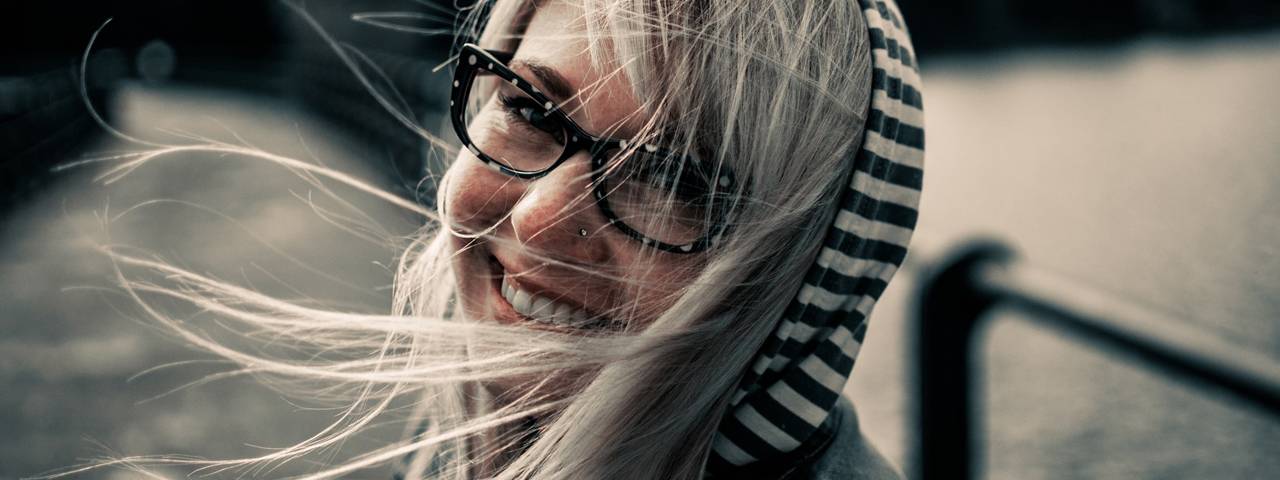
A Major Health Complaint During The Winter Months Is Dry Eyes
In the cooler climates, cold winds and dry air, coupled with dry indoor heating can be a recipe for eye discomfort. Dryness and irritation can be particularly debilitating for those who wear contact lenses or suffer from chronic dry eyes – a condition in which the eyes produce a low-quality tear film.
Harsh weather conditions can reduce the natural moisture in your eyes and the irritation usually results in a burning or itching sensation that often leads to rubbing or scratching your eyes which can worsen the symptoms. Sometimes it feels like there is a foreign object in your eye and for some, dry eyes can even cause excessive tearing, as your eyes try to overcompensate for their lack of protective tears. Prolonged, untreated dry eyes can lead to blurred vision as well. Whatever the symptoms, dry eyes can cause significant discomfort during the long winters and relief can seriously improve your quality of life.
8 Tips For Comfortable Eyes During The Winter Months:
- To keep eyes moist, apply artificial tears/eye drops a few times a day. If you have chronic dry eyes, speak to our eye doctor about the best product for your condition.
- Drink a lot of fluids – keeping your body hydrated will also help maintain the moisture in your eyes.
- If you spend a lot of time indoors in heated environments, use a humidifier to add some moisture back into the air.
- Try to situate yourself away from sources of heat, especially if they are blowing. While a nice cozy fire can add to the perfect winter evening, make sure to keep your distance so dry eyes don’t ruin it.
- Staring at a computer or digital device for extended amounts of time can further dry out your eyes. If you spend a lot of time staring at the screen, make sure you blink often and practice the 20/20/20 rule – every 20 minutes, look 20 feet away for 20 seconds.
- Don’t rub your eyes! This will only increase irritation and can also lead to infections if your hands are not clean.
- Give your eyes a break and break out your glasses. If your contact lenses are causing further irritation, take a break and wear your glasses for a few days. Also talk to our optometrist about switching to contacts that are better for dry eyes.
- Protect your eyes. If you know you are going to be venturing into harsh weather conditions, such as extreme cold or wind, make sure you wear protection. Try large, 100% UV protective eyeglasses and a hat with a visor to keep the wind and particles from getting near your eyes. If you are a winter sports enthusiast, make sure you wear well-fitted ski goggles.
If you find that after following these tips you continue to suffer, contact our eye doctor. It could be that your condition requires medical intervention.
- Monday: 9:30 AM - 6:00 PM
- Tuesday: 10:30 AM - 7:00 PM
- Wednesday: 10:30 AM - 7:00 PM
- Thursday: 10:30 AM - 7:00 PM
- Friday: 9:30 AM - 6:00 PM
- Saturday: Closed
- Sunday: Closed
